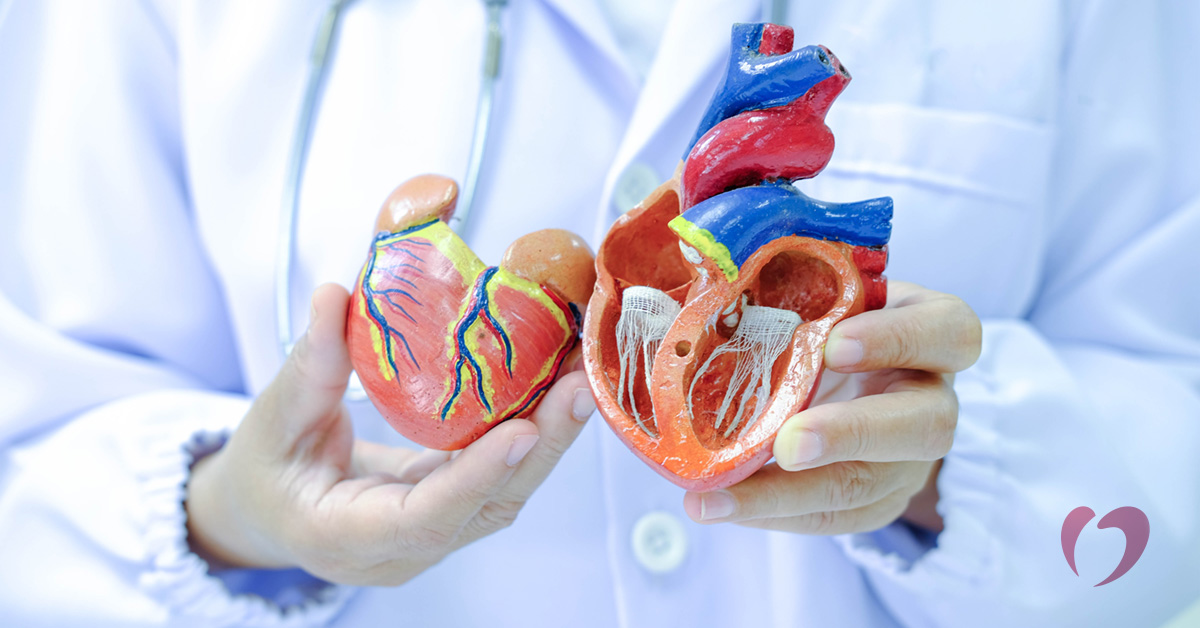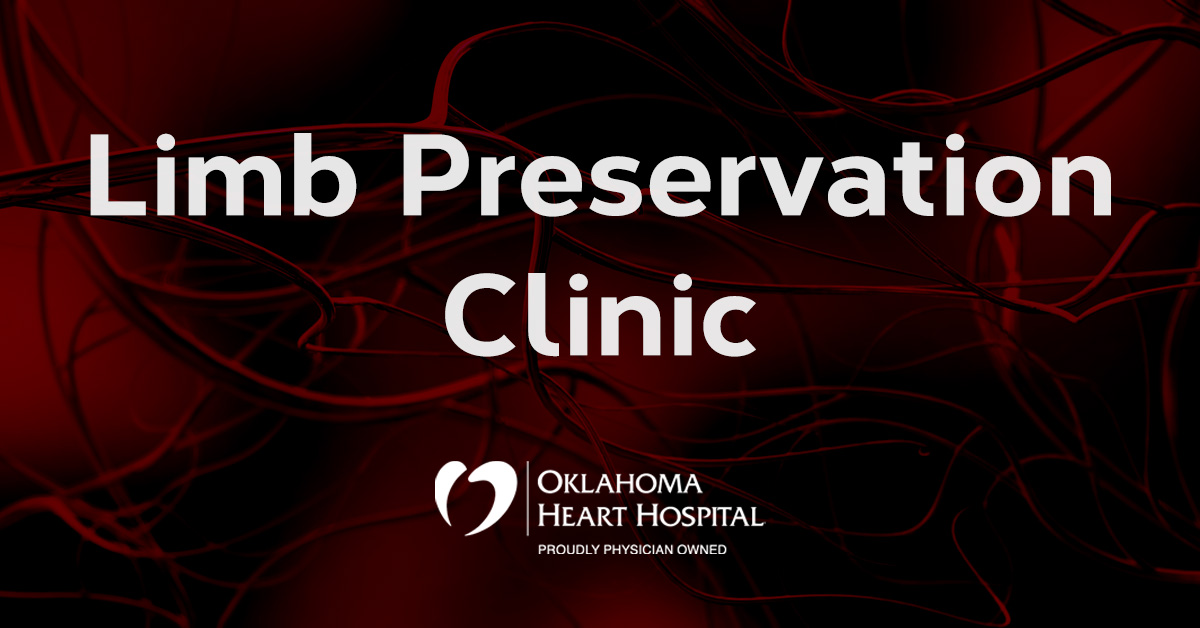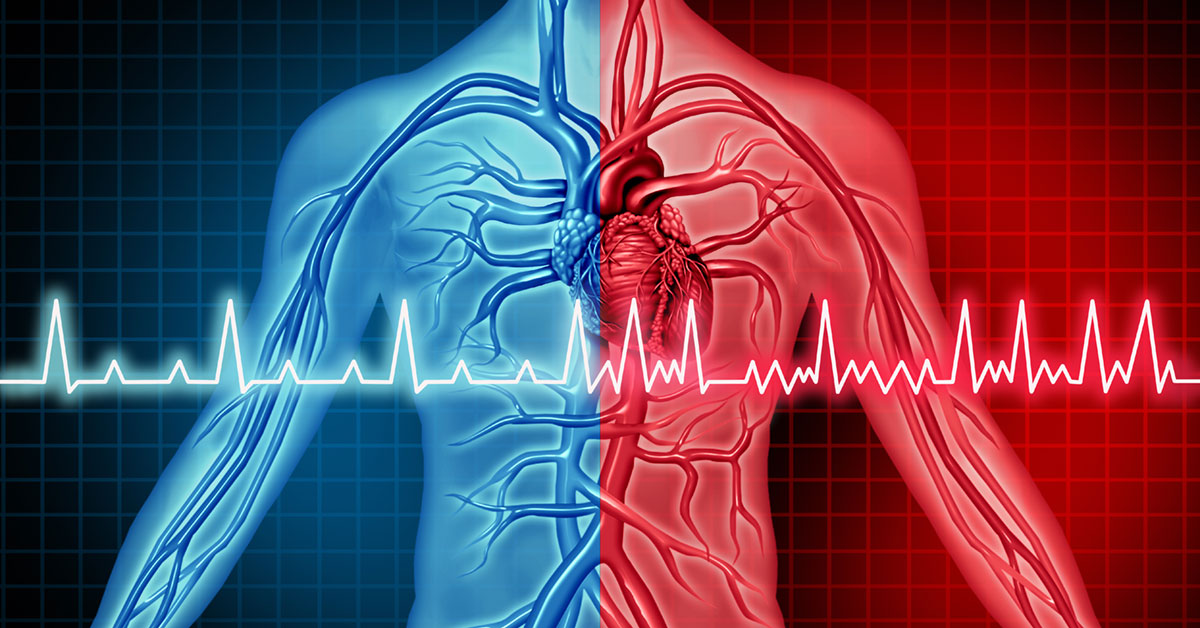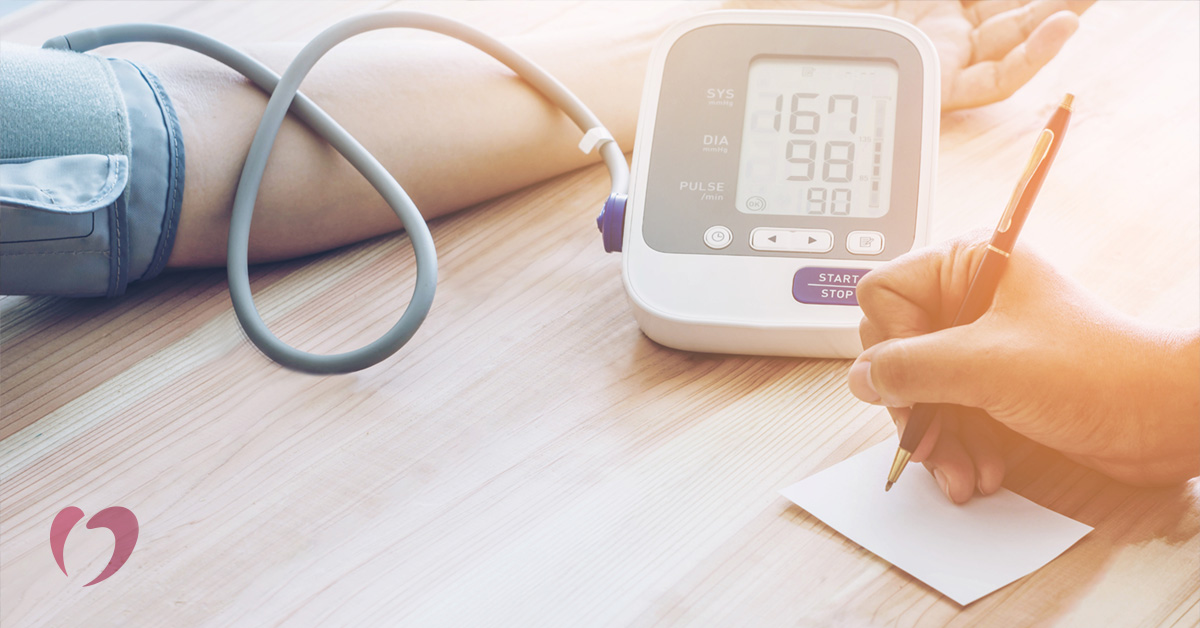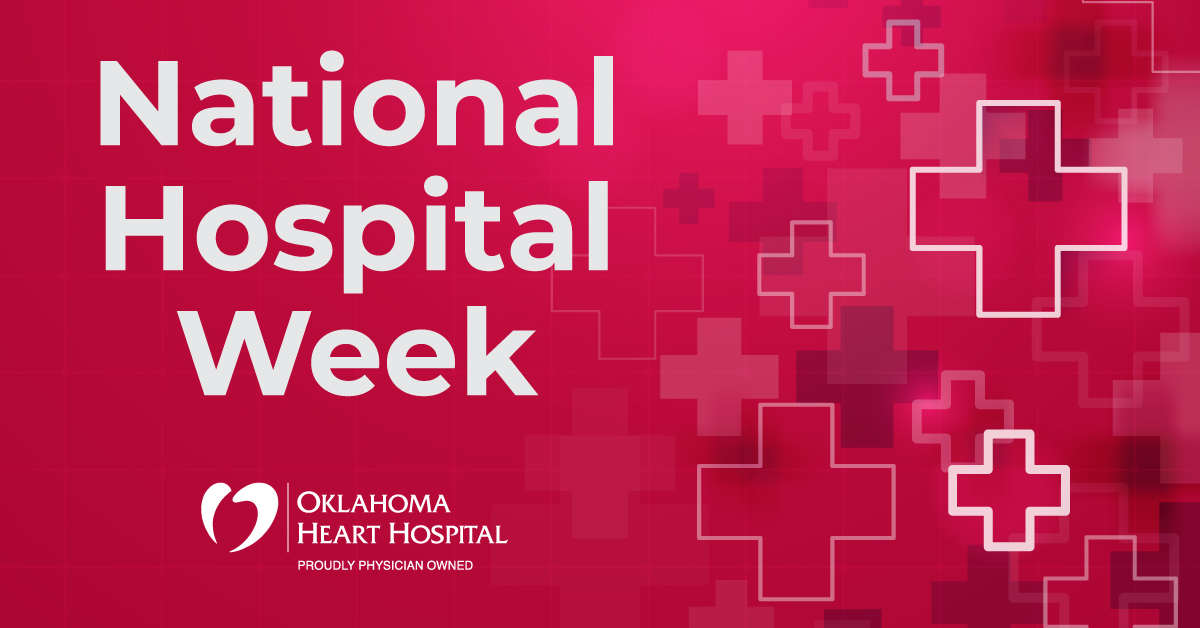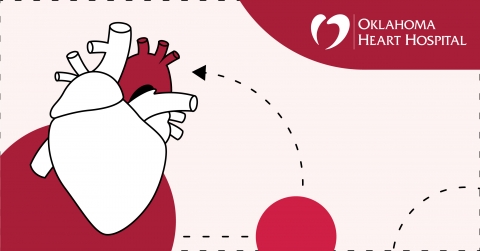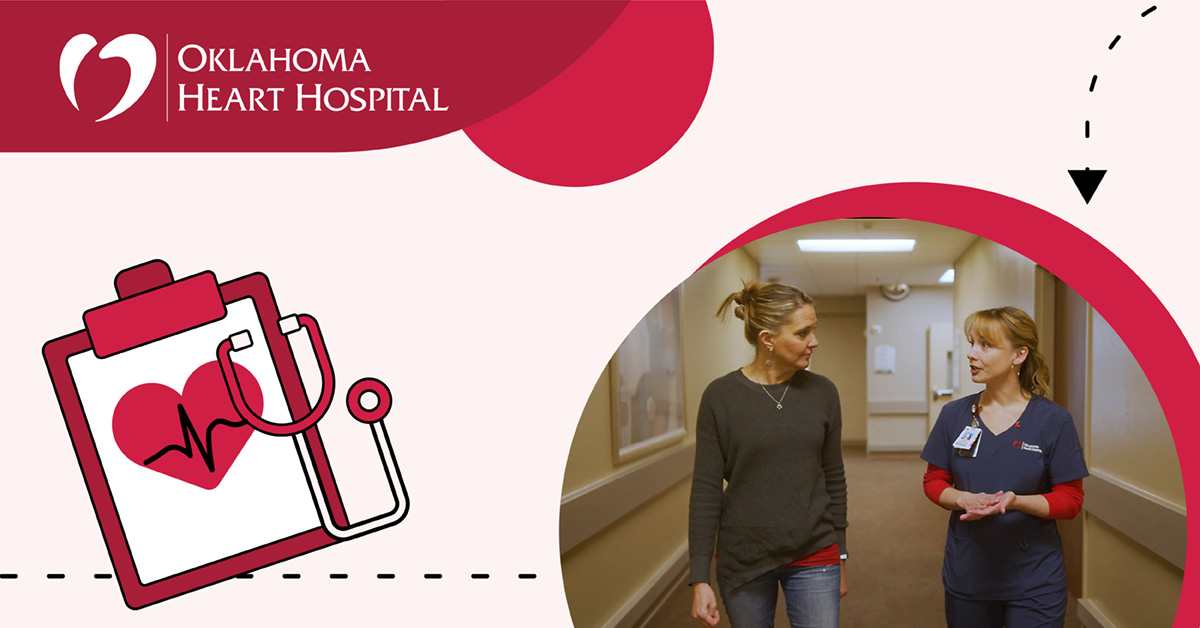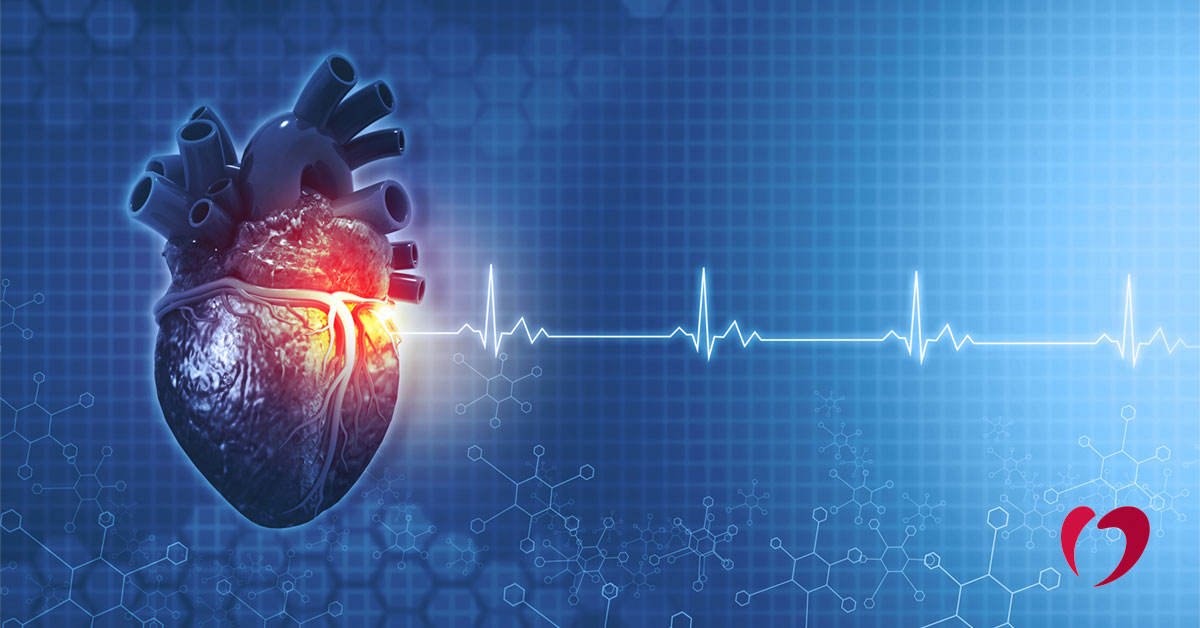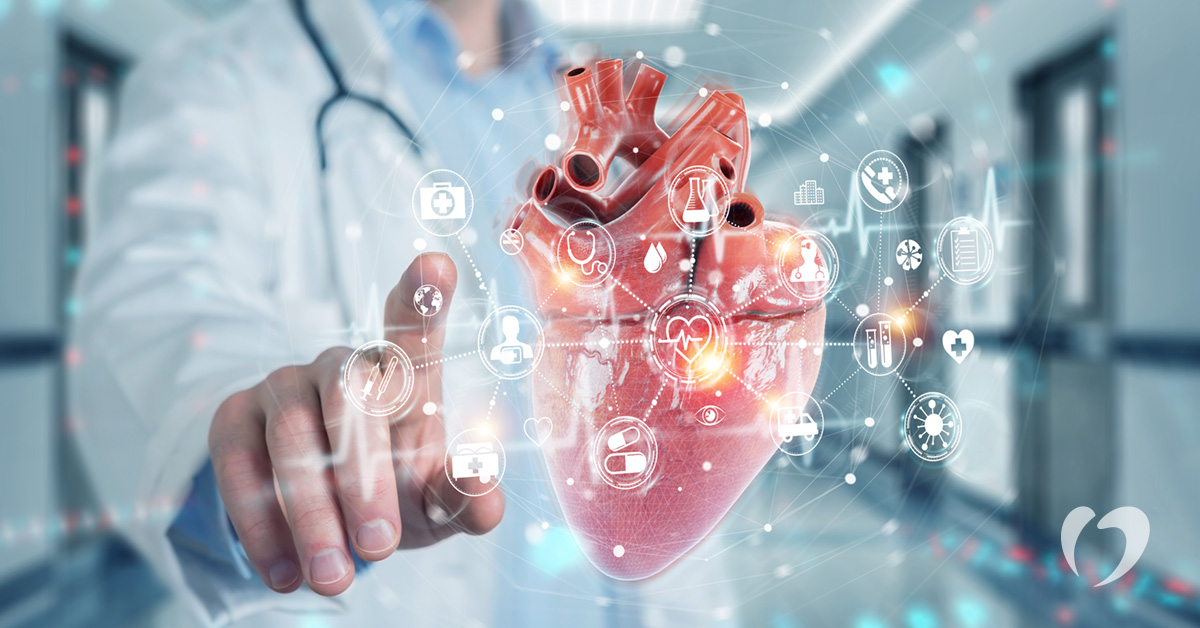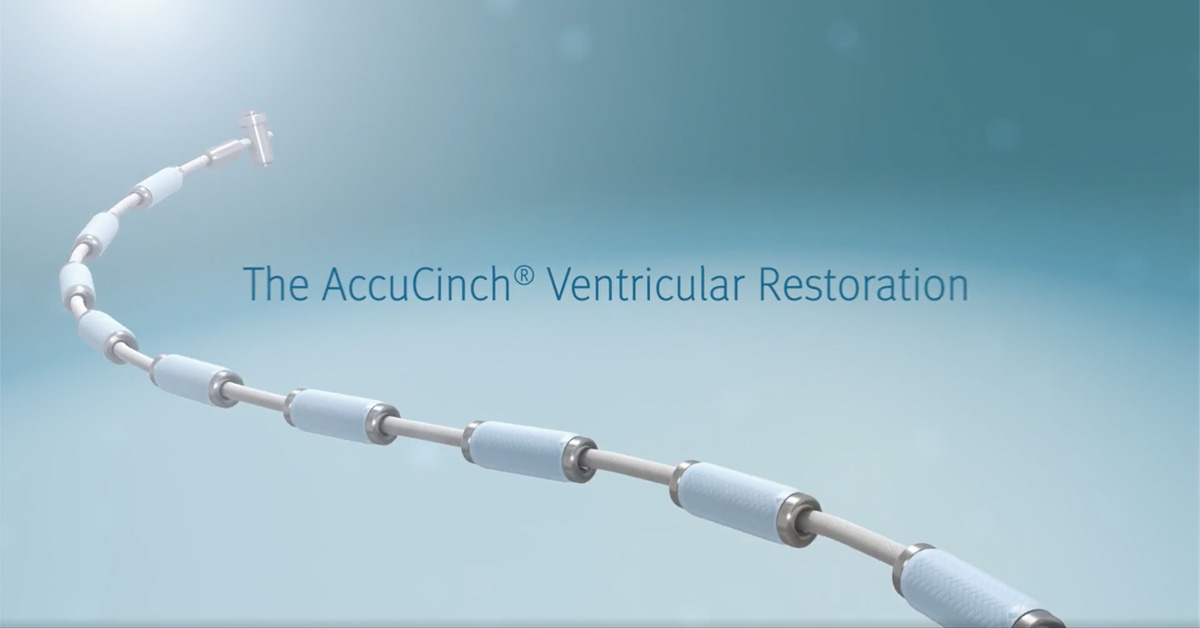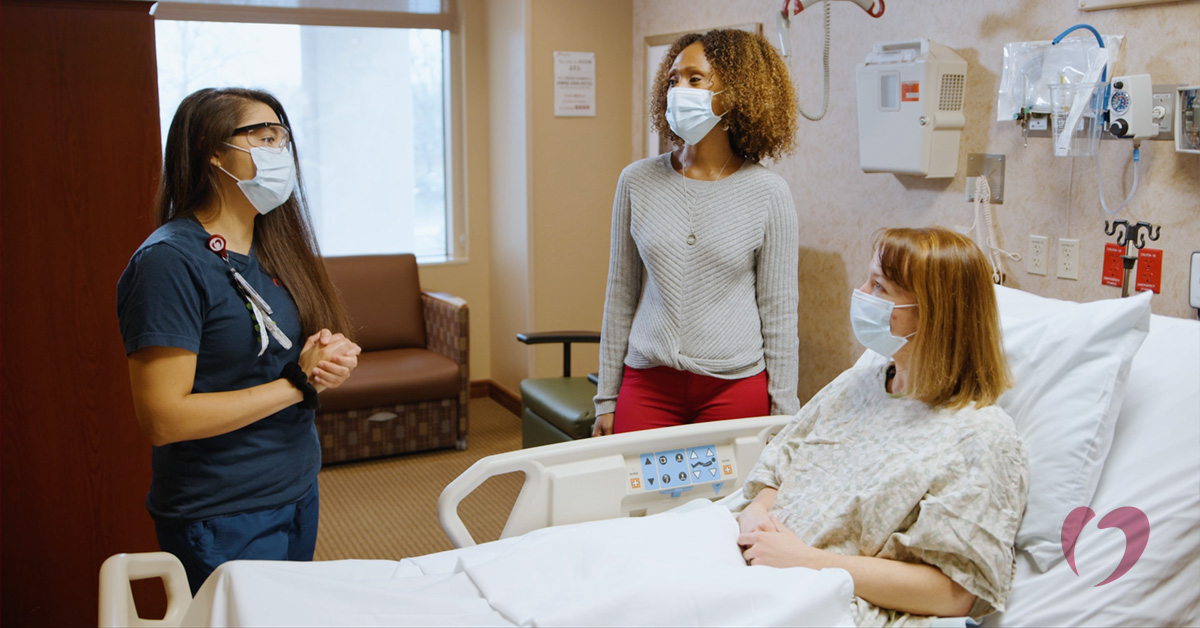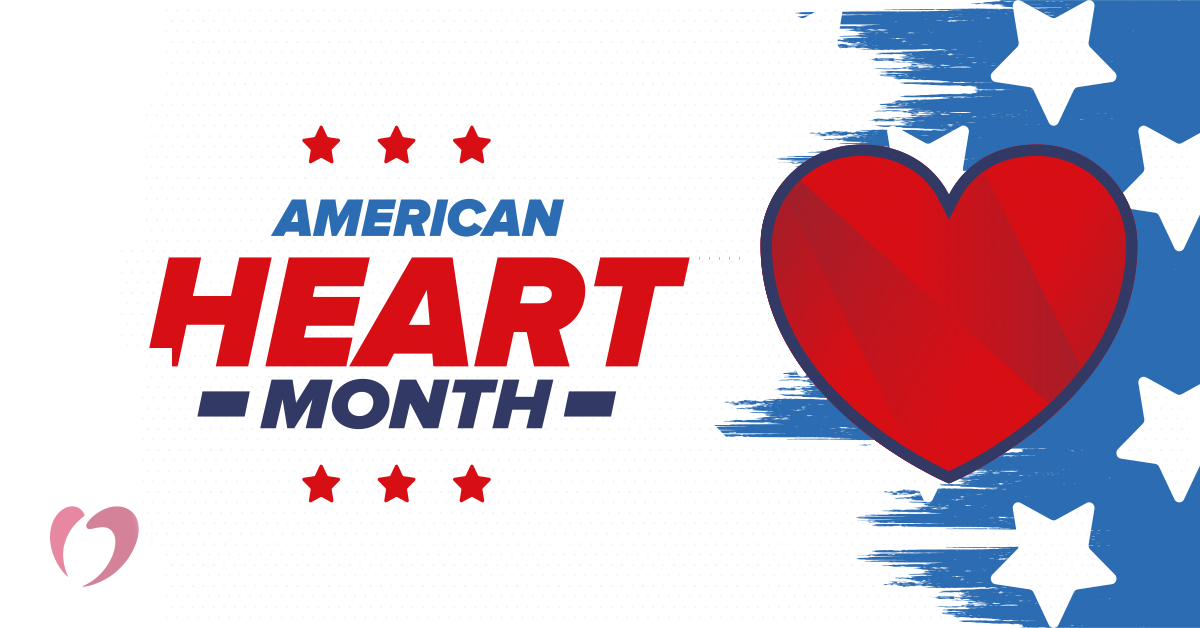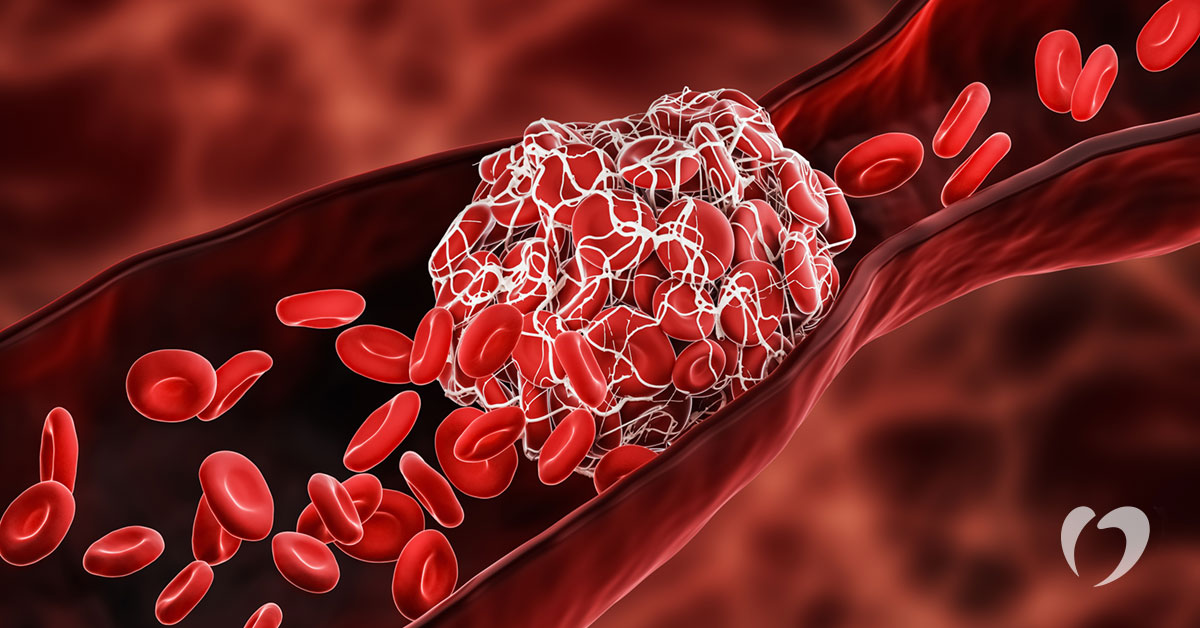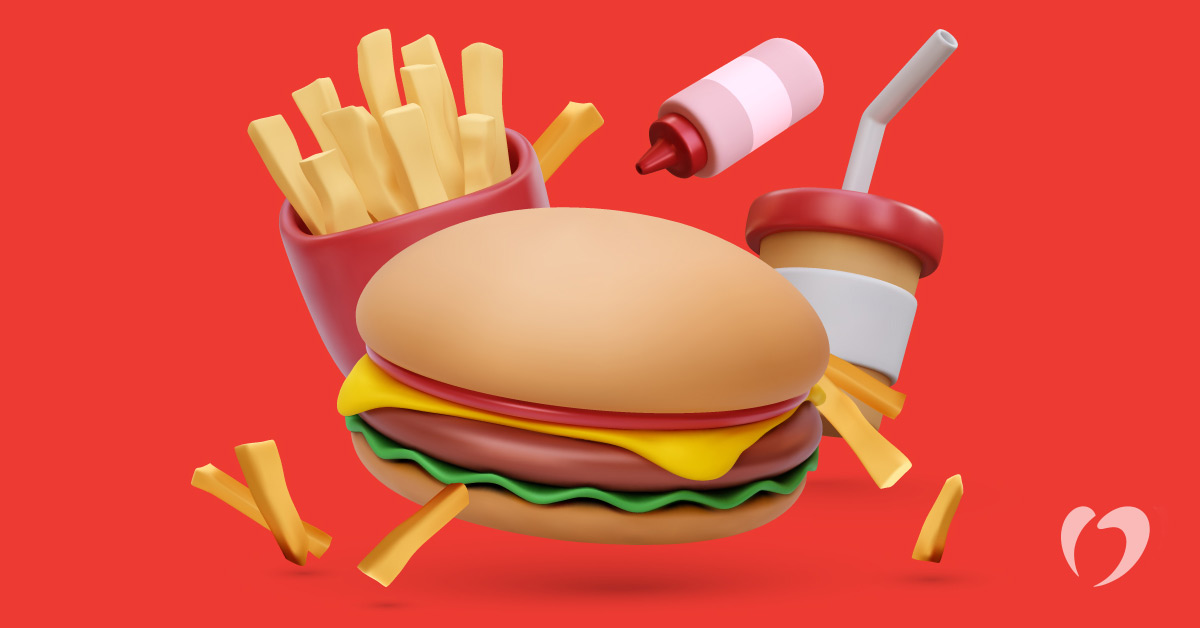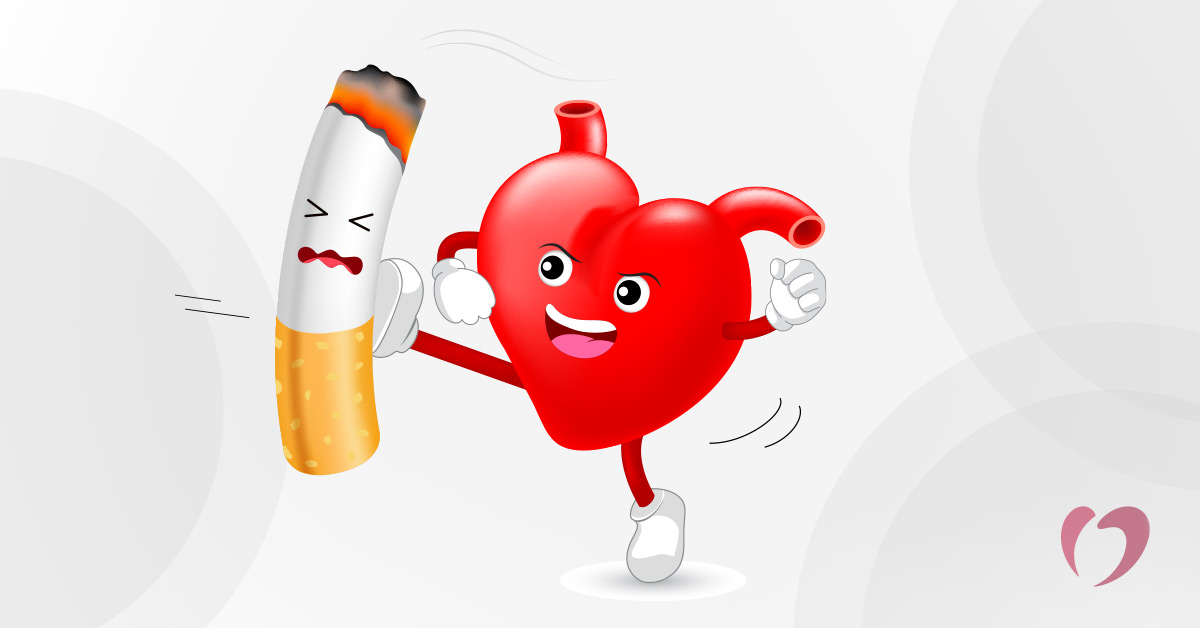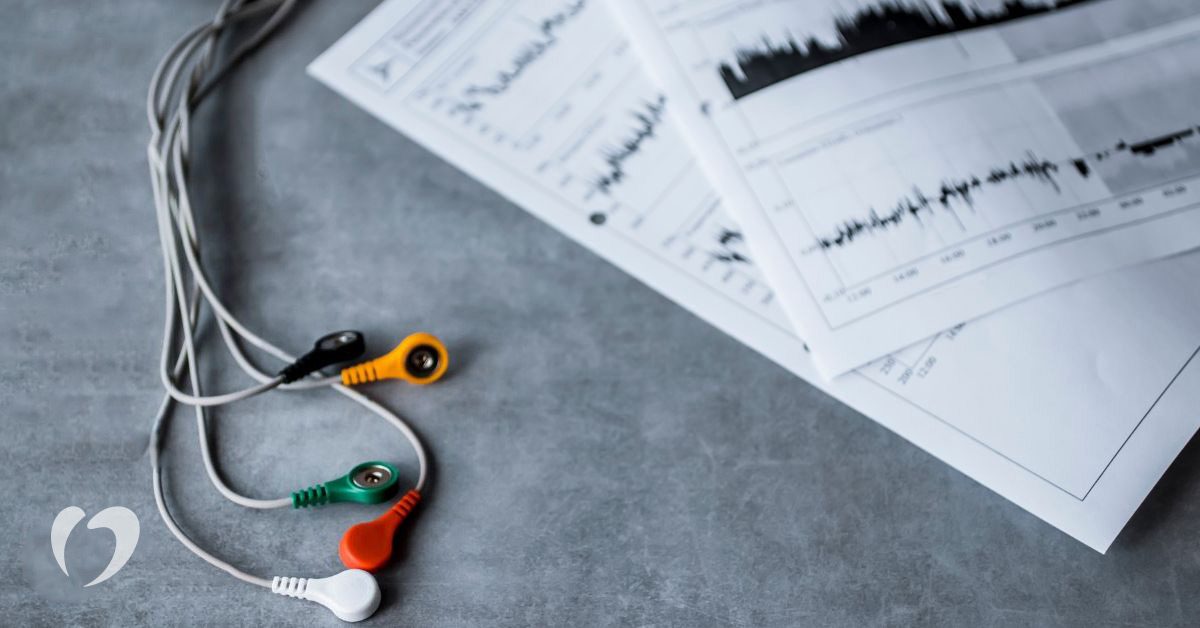How Regular Movement Helps Your Heart
Regular movement helps your heart in multiple ways, such as improving blood flow, losing weight, and managing stress. Strengthening the cardiovascular system improves your heart health and reduces other risk factors as well.
Read MoreUnderstanding the Heart: Atria
The left and right atria are the upper chambers of the heart responsible for receiving blood from veins and pumping blood to the lower chambers, or ventricles.
Read MorePreventing Plaque Buildup in the Arteries
Plaque in the arteries builds up when cholesterol attaches to the artery walls. Lifestyle changes can help prevent plaque buildup and reduce the health risks associated with clogged arteries.
Read MoreOHH Clinic Treats Patients at Risk of Losing Limbs
OHH’s Limb Preservation Clinic is a specialized treatment option for those living with peripheral artery disease with a focus on preventing limb loss.
Read MoreCommon Causes of Arrhythmia
Arrhythmias are abnormal heart rhythms that can be too fast, too slow, or erratic. They range in severity and can be caused by many different things.
Read MoreTreatments for High Blood Pressure
High blood pressure puts patients at risk for many other health conditions, but high blood pressure can be treated with a combination of lifestyle changes and medication.
Read MoreCelebrating National Hospital Week at OHH
During National Hospital Week, celebrate the impact of OHH’s patient-focused care on the Oklahoma community and beyond.
Read MorePostural Orthostatic Tachycardia Syndrome (POTS)
POTS is a form of dysautonomia that causes various symptoms — including dizziness, fatigue, and fainting — when moving from a lying position to standing up.
Read MoreAortic Aneurysm
An aortic aneurysm is a bulge in the wall of the aorta that increases the risk of aortic rupture or dissection.
Read MoreHow Menopause Affects the Heart
As women approach menopause, changes in their bodies can impact their heart health, including increased risk of palpitations and heart disease.
Read MoreUnderstanding the Heart: Ventricles
The ventricles, the two lower chambers of the heart, are responsible for pumping blood to the lungs and to the rest of the body. There are several types of arrhythmias that can occur in the ventricles.
Read MoreWhen Should You See a Cardiologist?
Cardiologists treat a variety of heart-related conditions and diseases. There are several indicators for when it’s time to make an appointment.
Read MoreAccuCinch® Ventricular Restoration System
The Oklahoma Heart Hospital Research Foundation is taking part in a study on heart failure and treated the first Oklahoma patient with the AccuCinch® Ventricular Restoration System.
Read MoreCommotio Cordis: A Rare but Dangerous Condition
Commotio cordis is a rare but serious condition that causes sudden cardiac arrest after a hard blow to the chest. Survival depends on immediate life-saving intervention.
Read MoreOHH Patient and Family Experience
We know how stressful a hospital stay can be. As a physician-owned hospital, we see the needs of patients every day. That’s why we designed OHH with our patient’s comfort in mind.
Read MoreSpotlight on Heart Health in February
February is American Heart Month, when we promote awareness of heart disease and protecting heart health. Challenge yourself to choose one way to protect your heart during the month of February.
Read MoreHow Blood Clots Affect the Body
Clotting is an essential function that helps injuries heal, but blood clots that form in the veins can become life-threatening if they move to the brain or lungs.
Read MoreHow Sodium Impacts Your Heart
Sodium is a mineral that our bodies need to function properly, but too much can increase the risk for high blood pressure and other heart diseases.
Read More
Quit Smoking to Improve Your Heart Health
Smoking is one of the leading causes of preventable disease in the United States. Quitting smoking has significant benefits for your heart health.
Read MoreDiagnosing Abnormal Heart Rhythms
Diagnosing abnormal heart rhythms can include a variety of tests, as well as a review of symptoms and family health history.
Read More

